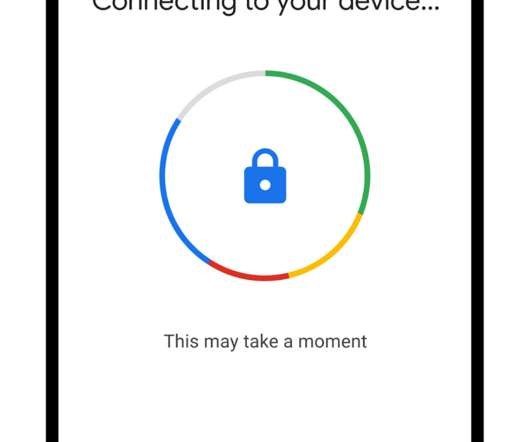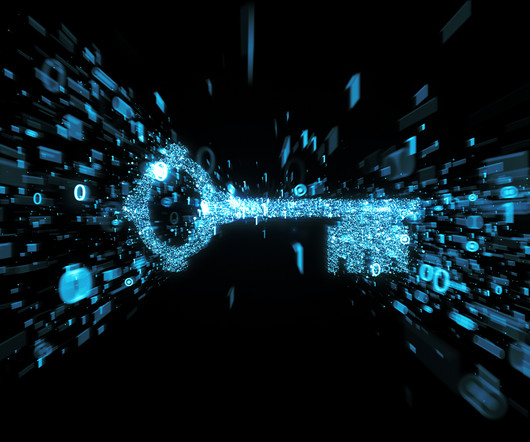National Small Business Week: 10 Best Practices for Small Business Cybersecurity
CyberSecurity Insiders
SEPTEMBER 14, 2021
Backup and recovery – according to FEMA , 40% of small businesses never reopen after a disaster. For a smaller business with limited IT capabilities, conducting regular and all-encompassing backups of all systems will provide a simple but very effective defense against a variety of threats and risks.

















Let's personalize your content